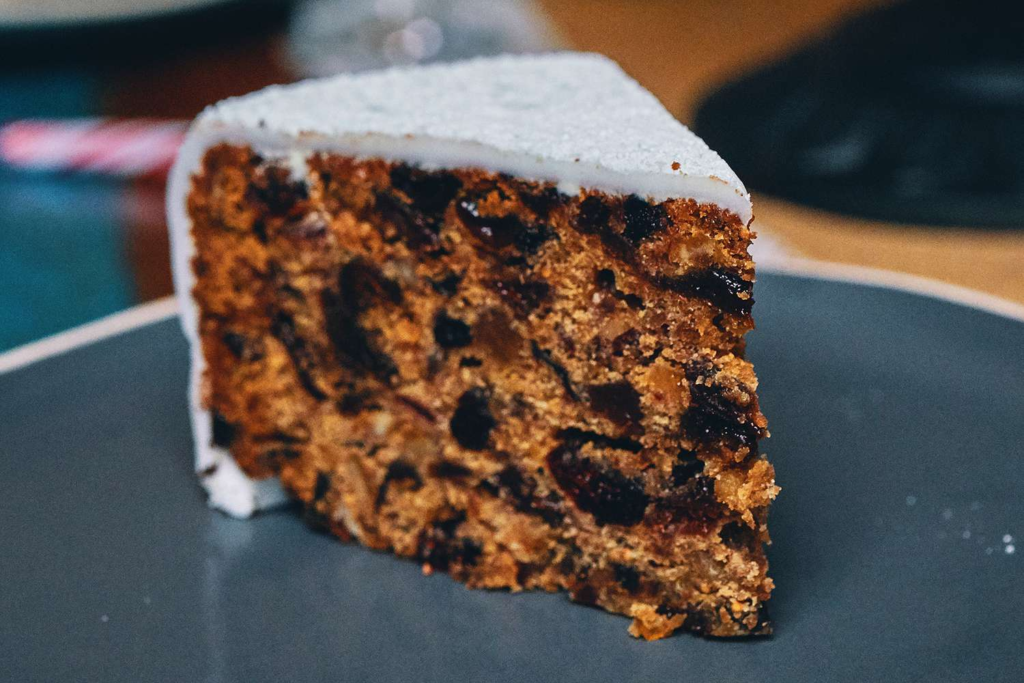The holiday season, a time for joy and togetherness, turned into a tragedy for a family in Torres, Brazil, when three women lost their lives after consuming a homemade Christmas cake.
The incident, which occurred during a family gathering on December 23, 2024, has sparked a criminal investigation into suspected arsenic poisoning. The case also sheds light on food safety concerns and parallels to a similar incident in Australia, bringing questions of motive, intent, and accidental poisoning to the forefront.
The Tragic Incident On Christmas
The cake, lovingly prepared by 61-year-old Zeli Terezinha Silva dos Anjos, was intended to be a centerpiece of the family celebration. However, it became the source of a devastating tragedy.
Zeli herself fell ill, but her sisters, Maida Berenice Flores da Silva (58) and Neuza Denize Silva dos Anjos (65), along with her niece Tatiana Denize Silva dos Anjos (43), succumbed to the effects of what authorities believe was arsenic poisoning.
Three other family members, including a 10-year-old boy, were also hospitalized but have since stabilized. The incident has shocked the community and left investigators scrambling for answers.
Read : Kraków’s Christmas Tree Named Most Iconic in the World
Preliminary blood tests indicated the presence of arsenic, a toxic substance that can cause severe health complications and death when ingested in high doses.
Read : Rare ‘Green Polar Rain’ Aurora Observed from Earth for the First Time
Authorities are also revisiting the death of Zeli’s husband, Paulo Luiz, who died in September 2024 from what was originally believed to be food poisoning. His body will be exhumed to determine whether his death was linked to arsenic poisoning, potentially providing a critical clue in understanding the broader context of these tragedies.
The Investigation and Early Findings
The discovery of expired food products and a suspicious white liquid in a medicine bottle at Zeli’s residence has intensified scrutiny. Investigators found that the bottle, which should have contained capsules, instead held an unidentified white liquid. The substance is currently being analyzed to determine its composition and any role it might have played in the poisonings.
Authorities have interviewed neighbors and family members, trying to uncover potential motives or patterns of behavior that could explain the poisonings. Despite the tragic outcomes, investigators have found no evidence of inheritance disputes or significant family tensions that might suggest foul play with malicious intent.

Zeli, who also fell ill after consuming the cake, has been cooperating with the investigation. Her involvement as both the cake’s preparer and one of the victims raises questions about whether the poisoning was accidental or intentional. While some speculate negligence in using expired ingredients, others consider the possibility of contamination from an external source.
The case’s complexity deepens as forensic experts analyze all available evidence, including the suspicious liquid, the cake ingredients, and the victims’ toxicology reports. Investigators hope these findings will provide a clearer picture of what happened on that fateful evening.
Parallels to a High-Profile Australian Case
This tragedy in Brazil echoes a similar high-profile case in Australia in 2023, where Erin Patterson faced murder charges after a lunch she hosted ended in the deaths of three guests and severe illness in a fourth.
The meal reportedly included toxic death cap mushrooms, one of the world’s deadliest fungi. Erin Patterson consistently denied any intent to harm, claiming the poisoning was accidental, but the case highlighted the devastating consequences of foodborne toxins.

In both incidents, family or close acquaintances gathered for a meal, only for some members to suffer fatal consequences. The Brazilian case has drawn attention to the potential dangers of homemade meals, particularly when ingredients are not stored or used properly. Similarly, the Australian case revealed the risks associated with foraging for wild foods without expert knowledge.
Both cases underscore the importance of thorough investigations to determine the cause of poisoning, whether accidental or intentional. They also highlight broader food safety issues, such as the use of expired products, the dangers of unverified ingredients, and the need for vigilance in food preparation.
Reflections and Broader Implications
The loss of three lives in Torres is a stark reminder of how an event meant to bring joy can turn into a nightmare due to unforeseen circumstances. Whether this tragedy was the result of negligence, an accident, or a malicious act, it raises important questions about food safety, particularly during festive seasons when homemade dishes are common.

The parallels with the Australian case emphasize the need for public awareness about foodborne risks. While intentional poisoning cases are rare, accidental contamination or misuse of hazardous ingredients can have equally devastating outcomes.
Investigators in both Brazil and Australia are tasked with not only uncovering the truth but also providing closure to grieving families. These cases serve as a cautionary tale, urging individuals to be vigilant about ingredient sourcing, storage, and preparation practices.
As the investigation in Torres continues, the hope is that answers will emerge to clarify what led to the tragic deaths of Zeli’s family members. Whether linked to the earlier death of her husband or isolated to the Christmas gathering, the findings will be crucial in preventing similar tragedies in the future.

